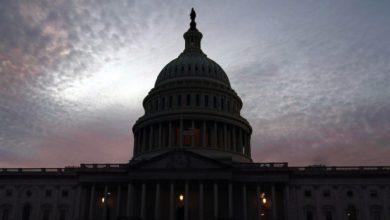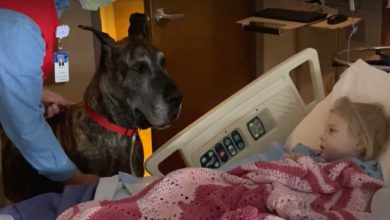
We have heard so much about the difficulty first responders in hospitals have been going through, and rightfully so; they have handled the worst parts of what this pandemic has thrown at us for more than 18 months.
But one overlooked portion of those responders is school nurses.
Nationwide, the National Association of School Nurses says only 40% of schools in the country have a full-time registered nurse on staff, 35% have a part-time registered nurse, and the remaining 25% do not have a registered nurse at all.
Since COVID began, even more nurses either quit to pursue different careers or retired early, causing the remaining nurses in some districts to cover for those vacancies.
“We were working late nights. We were working weekends. I mean some of us were putting in 60-70 plus hours per week,” said Monica Wood, a registered nurse at the JeffCo Public School District in Colorado. “My family life took a hit, you know. I wasn’t home.”
JeffCo Public Schools serves 80,000 kids and 50,000 employees across 143 schools. It has 73 nurses to care for them all as the district has lost nearly 30% of its nursing workforce in the last four months.
“A lot of it became exhaustion, pure exhaustion of the level of work,” said Julie Wilken, director of health services for JeffCo Public Schools. “[Nurses] are not only adding on the work of COVID, but now they’re adding on additional schools and additional work on top of it.”
To handle the issues districts have started using hiring agencies to fill the gaps, but those have brought issues of their own. The nurses may not have worked in a school before, or are brand new to the profession, and they cost a lot more.
According to the Bureau of Labor Statistics, school nurses, on average, make nearly $20,000 less than their counterparts in hospitals each year- $58,530 vs. $75,030- but the agencies charge what those in hospitals make.
With fewer applicants interviewing with short-handed school districts, it has put them in a pinch with few recourses to fill the vacancies. And with districts already on tight budgets as they have adjusted to COVID, schools say it can be hard to find the money.
“I take that very personally and professionally,” said Wood. “I want to keep our schools open.”








